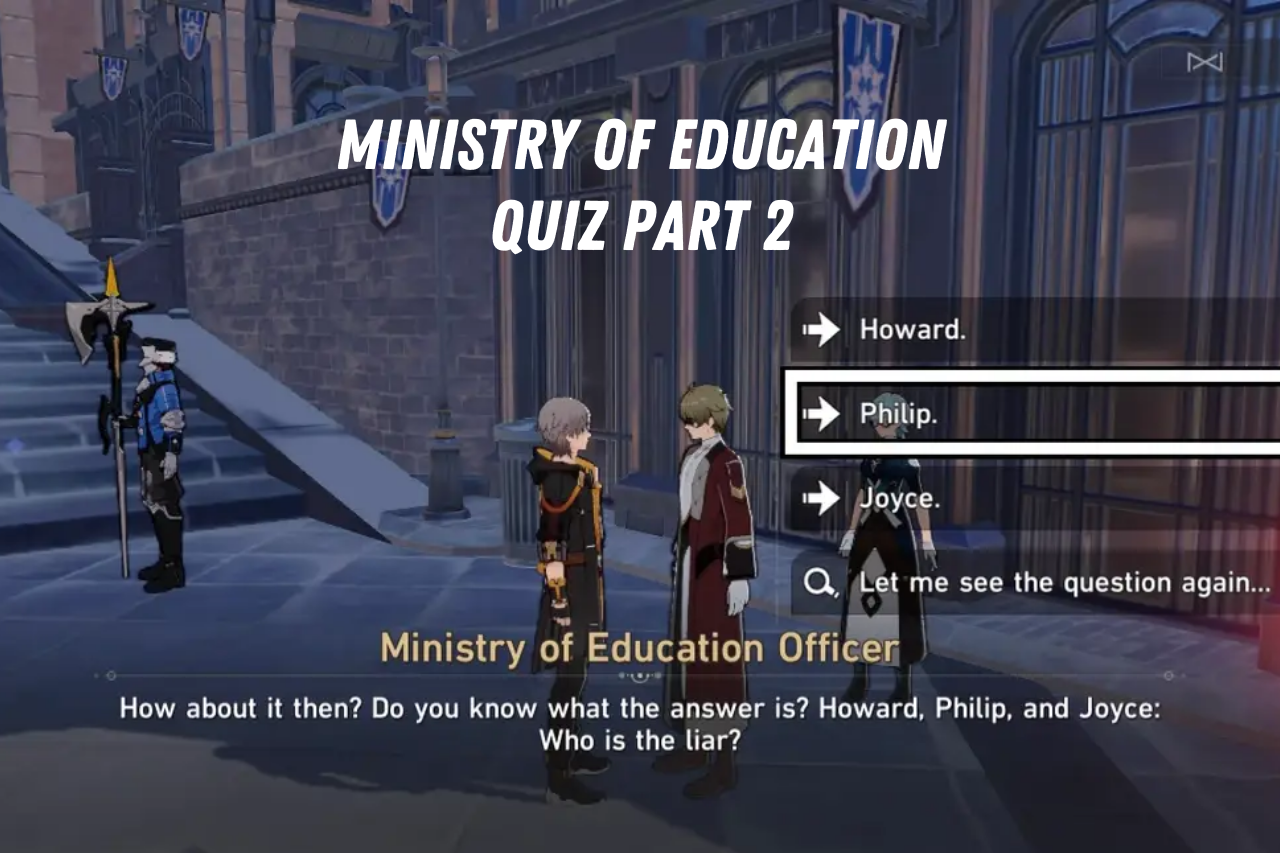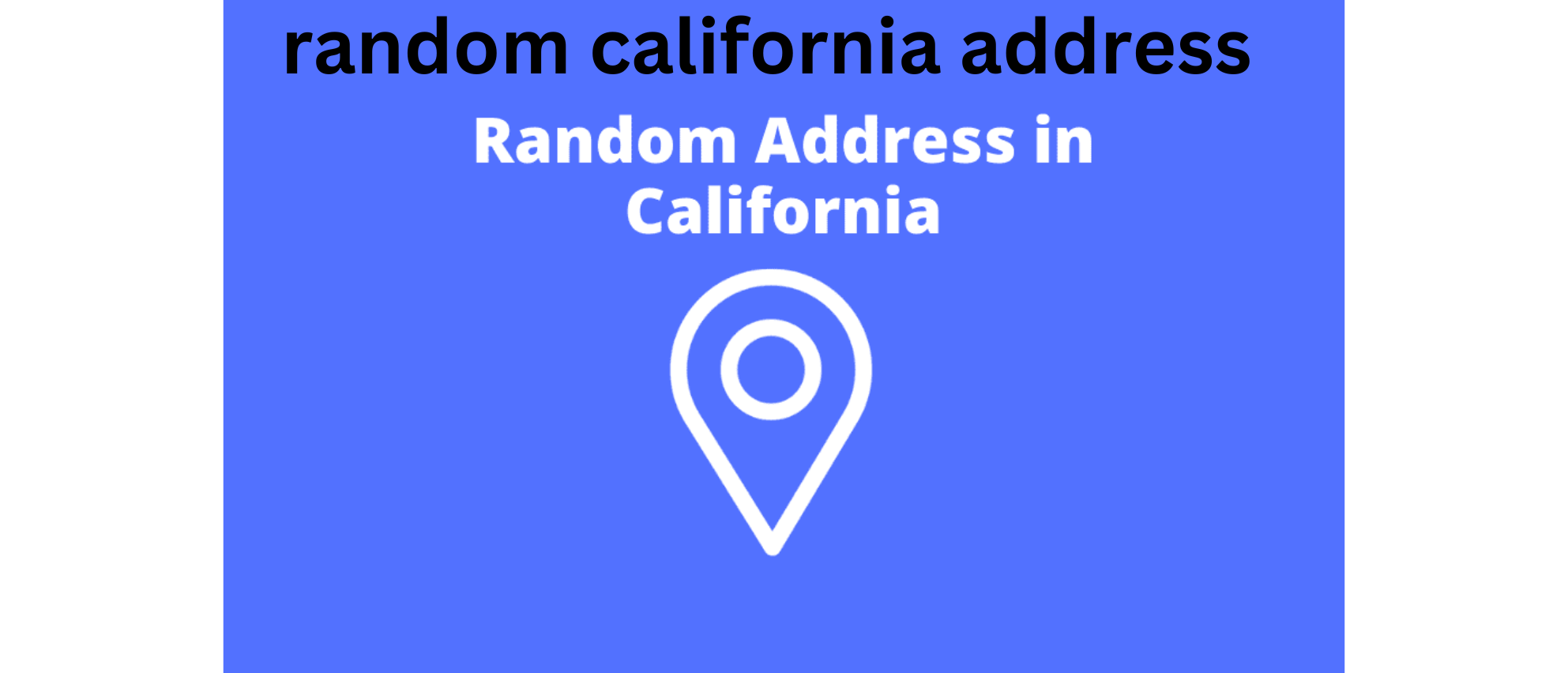
ministry of education quiz part 2
Welcome back to the second installment of our exploration into the Ministry of Ministry of Education quiz part 2 Education Quiz. In this continuation, we will delve deeper into the policies, initiatives, and challenges that shape the educational landscape as administered by the Ministry of Education. As we navigate through the diverse facets of educational governance, we aim to provide a comprehensive guide that sheds light on the complexities and priorities of the Ministry of Education. We’ll discuss in this article about ministry of education quiz part 2.
Table of Contents
Toggleministry of education quiz part 2
In the second part of our exploration into the Ministry of ministry of education quiz part 2 Education Quiz, we delve deeper into the intricate policies, initiatives, and challenges that shape educational governance. The quiz is likely to scrutinize how the Ministry navigates curriculum development, ensuring its relevance and alignment with national educational objectives. Questions may extend into the realm of teacher training programs, evaluating the Ministry’s commitment to continuous professional development for educators. We’ll discuss in this article about ministry of education quiz part 2.
Policies and Initiatives:
- Curriculum Development: One of the primary responsibilities of the Ministry of Education is to design and implement a curriculum that meets the evolving needs of students and aligns with national educational goals. The quiz may cover questions related to the process of curriculum development, including the integration of innovative teaching methodologies and the incorporation of subjects that reflect a well-rounded education. We’ll discuss in this article about ministry of education quiz part 2.
- Teacher Training and Professional Development: Ensuring a high standard of teaching is crucial for the success of any educational system. Questions related to teacher training programs, ongoing professional development initiatives, and strategies for retaining qualified educators may feature prominently in the quiz. Understanding the measures in place to enhance the skills and knowledge of teachers is key to comprehending the broader goals of the Ministry.
- Inclusive Education Policies: Inclusivity in education is a growing priority for many ministries worldwide. The quiz might touch upon inclusive education policies, exploring how the Ministry is working to provide equitable opportunities for students with diverse learning needs. This could encompass accessible learning materials, support services, and the integration of students with disabilities into mainstream classrooms. We’ll discuss in this article about ministry of education quiz part 2.
- Technology Integration: Given the digital era we live in, the Ministry’s stance on technology integration in education is likely to be a focal point. Questions may delve into the strategies employed to incorporate technology into classrooms, bridge the digital divide, and prepare students for a tech-driven future. Understanding how the Ministry navigates the challenges and harnesses the benefits of educational technology is crucial.
Challenges in Educational Governance:
- Resource Allocation: The effective distribution of resources is a perennial challenge for educational authorities. The quiz may inquire about how the Ministry allocates funds, ensures access to educational materials, and addresses disparities between urban and rural schools. Understanding the strategies employed to optimize resource allocation is integral to evaluating the Ministry’s commitment to educational equity. We’ll discuss in this article about ministry of education quiz part 2.
- Assessment and Evaluation: Questions related to assessment methods and evaluation criteria are likely to feature in the quiz. This could encompass standardized testing, formative assessments, and strategies for gauging student progress. Understanding the Ministry’s approach to assessments provides insights into how educational outcomes are measured and informs policies related to student achievement.
- Community Engagement: Inclusive educational governance involves engaging with the community. The quiz may touch upon how the Ministry fosters collaboration between schools, parents, and local communities. Understanding the mechanisms in place for community involvement provides valuable insights into the Ministry’s efforts to create a supportive and collaborative educational environment. We’ll discuss in this article about ministry of education quiz part 2.
- Adaptation to Changing Educational Needs: The landscape of education is dynamic, with evolving societal needs and technological advancements. Questions may probe how the Ministry adapts to these changes, whether through curriculum updates, policy revisions, or partnerships with industry stakeholders. Recognizing the Ministry’s agility in responding to the evolving educational landscape is crucial for understanding its long-term vision.
Conclusion:
As we conclude our exploration into the Ministry of Education quiz part 2 Education Quiz – Part 2, it is evident that educational governance is a multifaceted undertaking. Navigating policies, initiatives, and challenges requires a nuanced understanding of the Ministry’s priorities and strategies. By delving into topics such as curriculum development, teacher training, inclusive education, technology integration, resource allocation, assessment methods, community engagement, and adaptation to changing needs, we gain valuable insights into the complexities of educational governance. Ultimately, the Ministry of Education Quiz serves as a comprehensive tool for assessing not only factual knowledge but also the depth of understanding and critical thinking skills required to navigate the intricate landscape of educational policies and practices.
Also Read: academy for educational development


